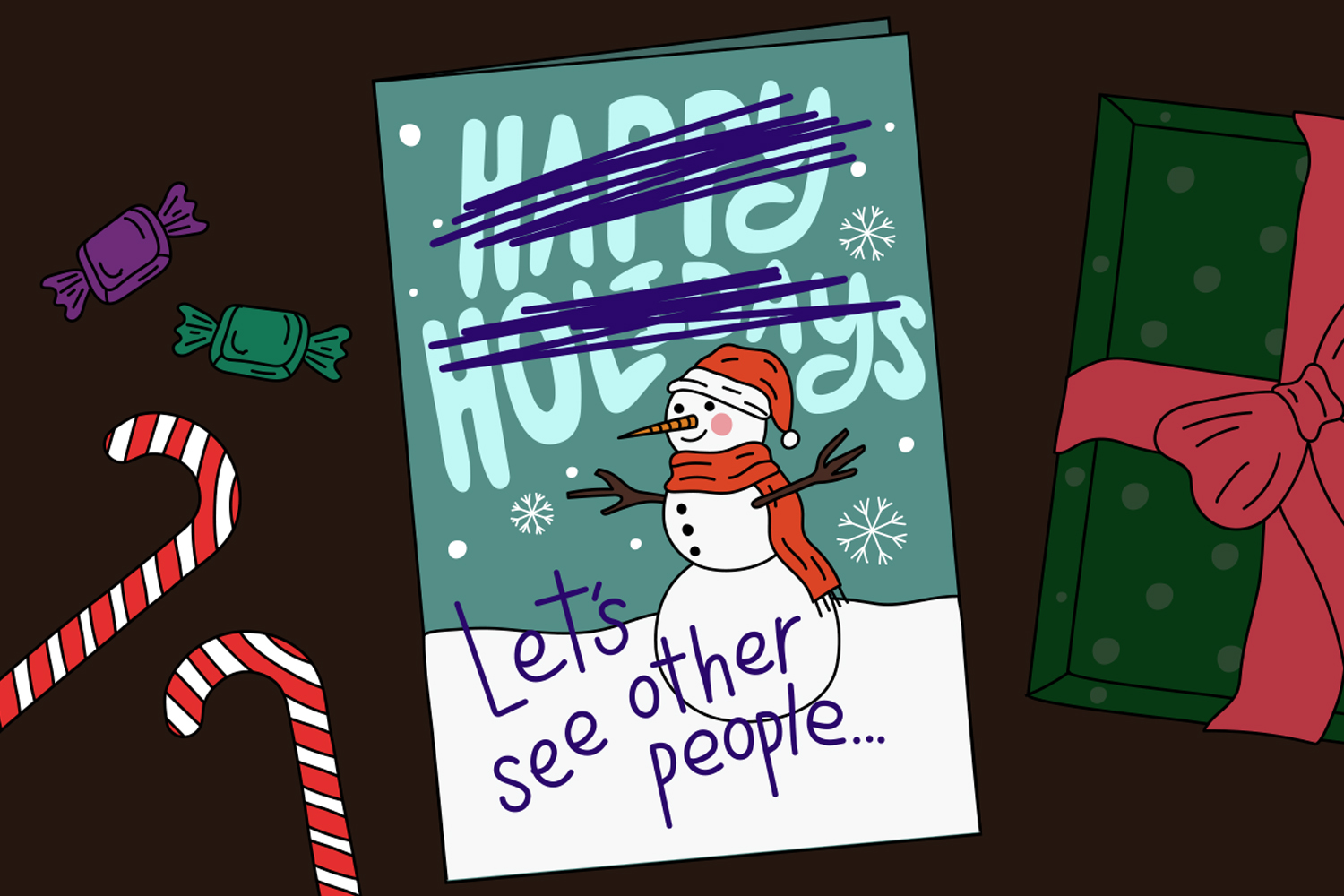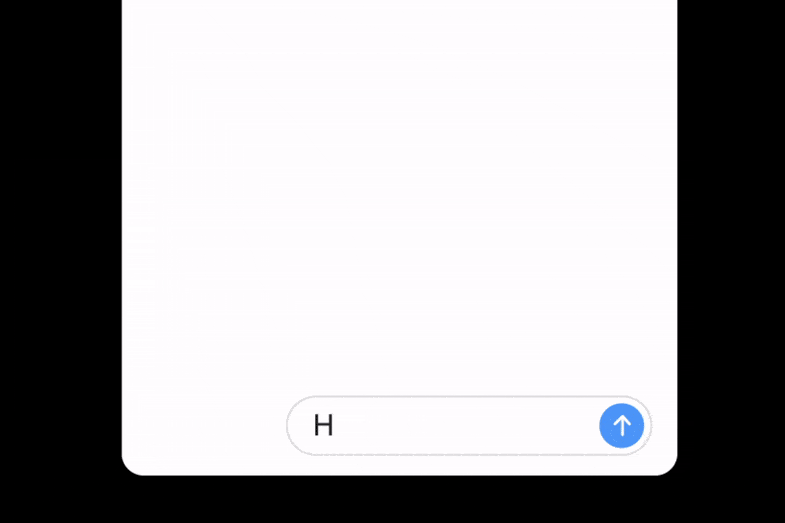For some, Valentine’s Day represents a time of love and romance that can only be adequately expressed by gifting your sex partner a sexy stuffed animal from a children’s retailer. For others, however, the upcoming holiday is a time to mourn lost love and reflect on the failed romances that left you in your current sad, single state. (Just kidding, I know being single doesn’t necessarily make you sad. While I myself am both sad and single, the conditions are unrelated. If I were in a relationship, I’m sure I, like most people in relationships, would still be sad.)
One of the most disorienting aspects of a breakup is the simultaneous feeling of having been blindsided by the termination of the relationship, paired with a haunting sense that maybe you actually saw it coming all along. In the aftermath, when we go combing through our minds looking for answers, it’s easy to pinpoint certain moments as the beginning of the end, even if we didn’t register it at the time.
Whether or not we can really tell when a relationship is about to end, recent research suggests that some part of the psyche registers an impending breakup as early as three months before it actually happens, and apparently that subconscious knowledge is reflected in our language. A recent study published in the journal Proceedings of the National Academy of Sciences found that couples’ use of language and word choice shifted in the months before and after a breakup. In the study, researchers analyzed over one million Reddit posts by 6,803 users, finding soon-to-split partners started using words like “I” and “we” more often in the months before breaking up. This was true of both individuals, those who got broken up with and those who did the breaking up.
While use of extremely common, almost unavoidable personal pronouns like “I” and “we” may not sound like a particularly reliable indicator of anything other than maybe a measure of solipsism, researchers suggest an uptick in this kind of language reflects an increase in introspective thinking, which is apparently bad news for a relationship. The researchers behind the study told Insider that use of “I” and “we” suggests an individual is in “cognitive thinking mode — searching inward and trying to process a relationship,” as opposed to analytical thinking.
Honestly, this kind of tracks as far as I’m concerned. No good can come of thinking about a relationship too hard. Relationships are a Magic Eye puzzle you should never attempt to solve, because if you look too close, all the flaws will start popping out — and once you see them, you can’t unsee them. So, there you have it: the key to a successful relationship is willful ignorance. Happy Valentine’s Day everyone!
Whether you’re looking to get into shape, or just get out of a funk, The Charge has got you covered. Sign up for our new wellness newsletter today.

















